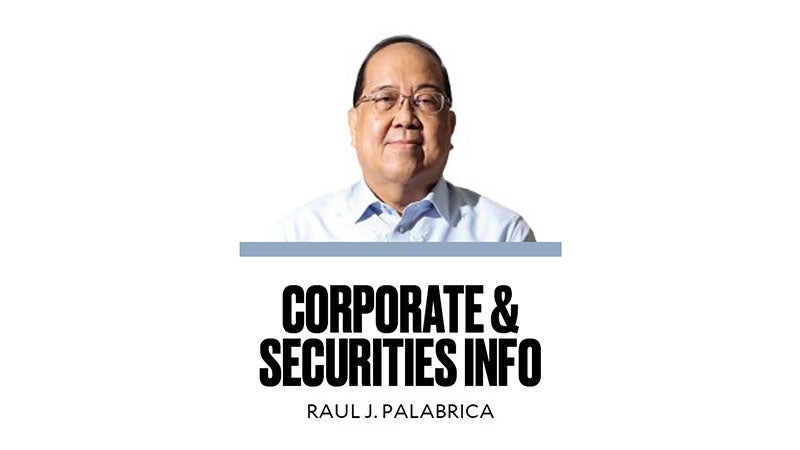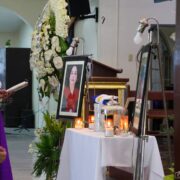Talent does not come cheap

Last week, in an interview by business reporters, Finance Secretary Ralph Recto said it was likely that the salary structure of Maharlika Investment Corp. (MIC), the government-owned company that will manage the country’s first sovereign wealth fund, would be “similar” to that of the Bangko Sentral ng Pilipinas (BSP), which is exempted from the salary standardization law.
The BSP’s exemption is aimed at enabling it to give competitive compensation packages to its officials so they are encouraged to stay in their positions.
In light of this announcement, Biz Buzz reported that hefty paychecks may await the officials and top talents of the MIC.
Note that the startup capital of the wealth fund consists of the P50 billion and P25 billion contributions of Land Bank of the Philippines and Development Bank of the Philippines, respectively.
That money, plus the expected billion-peso contributions from other government financial institutions (and hopefully from foreign investors), would be used by the MIC to mobilize and utilize in transactions that would generate optimal returns on investments.
To accomplish that objective, it is essential that the MIC recruit and maintain in its payroll persons with proven expertise and experience in, among others, domestic and international economics, financial investments and risk management.
In those fields, holders of master’s degrees in business administration or management in prestigious local or international schools are expected to have an edge.
On the shoulders of those talents, with the guidance of the MIC’s management, would rest the responsibility to come up with programs that would meet the wealth fund’s objectives and disprove the apprehensions earlier raised that its establishment was a waste of the people’s money.
Chances are, many of the people who have the expertise mentioned who are in the Philippines are, at present, gainfully employed and handsomely compensated by the country’s top business conglomerates or financial companies.
Unless they feel financially unappreciated in their jobs or think there are slim prospects they would go any higher in the corporate hierarchy, recruiting (or pirating) them could be challenging.
More so if they already enjoy perks and privileges that are “to die for” in the business community or are entitled to retirement benefits that would assure them of continued enjoyment of comfortable living after years of lucrative employment.
Appealing to their sense of patriotism so they would agree to jump ship may not be effective unless the invitation is accompanied by a compensation package equal to or better than what they are already enjoying.
Perhaps, that appeal may work for some retired executives who have already made their pile and would be happy to receive less than what they used to earn in order to keep themselves busy or remain relevant in their industry.
But the MIC may opt to recruit new blood who has not cut his or her teeth on the traditional ways of investment banking in light of the fact that wealth fund management is in a class of its own that requires creative or out-of-the-box ideas to be profitable.
Bear in mind that sovereign wealth funds are not created equal. Their success or failure is heavily influenced by external factors that are beyond the control of their managers.
Taking advantage of those factors or minimizing their adverse effects would require comprehensive foresight and proactive measures that only expertise and experience can provide.
If the MIC’s budget would not permit it to go toe-to-toe with the pay structure of private companies that have those talents in their payroll, it may have to lower its expectations on talents it can recruit to manage its billion- to trillion-peso funds.
Talent does not come cheap. As some business executives are wont to say on the hiring of staff, if you pay peanuts, you get monkeys.
Considering the high hopes and expectations that have accompanied the creation of the wealth fund, failure is not an option for the MIC. INQ

















